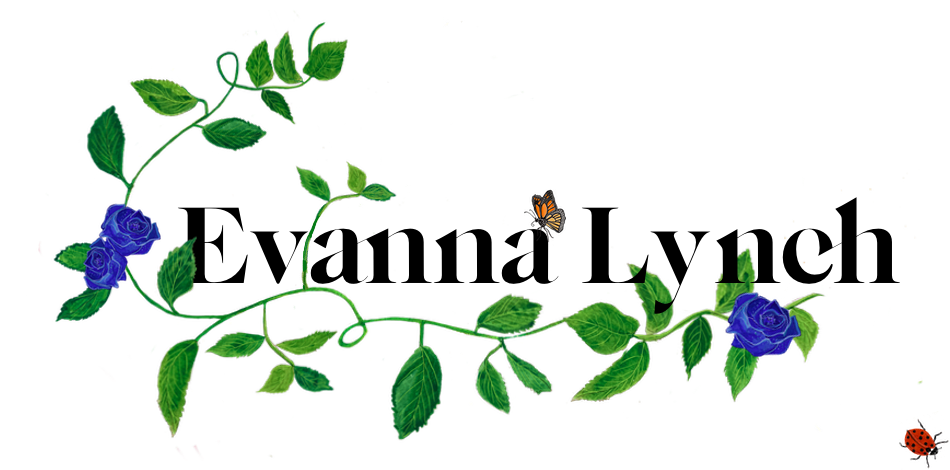End the Global Wildlife Trade
Hello! Just me as usual, popping into the journal today to encourage you to add your name and support to a petition asking the world leaders to end the suffering of wild animals and protect human health by making a commitment to end the global trade in wild animals forever. If you are fully on board with this campaign and need no more convincing, please follow this link and sign the petition! Also, you’re the best!
To explain to you a bit more about the problem with the global wildlife trade…
What is the Global Wildlife Trade?
The global wildlife trade is a huge a business where wild animals are taken from their natural environments and families, or are farmed commercially, exposing them to massive stress and cruelty. These practices also create a hotbed for disease, and crucially, zoonotic diseases (diseases that are passed from animals to human). It is a huge multi-billion dollar trade where profit is prioritised over the health and welfare of people and animals. These wild animals are traded and exploited for traditional medicine, entertainment, fashion accessories, food and as exotic pets.
Animals suffer at every step of the wildlife trade – from being ripped from the wild, to handling, transport, captive breeding and poor husbandry – it all causes intense suffering.
As but one example, if you think having a sloth as a pet is cute, check out this video of a poor little sloth friend being stolen from their home and bundled into a bag for the wildlife trade. Heads up, it’s extremely sad, but important to contextualise what wild animals go through.
Or look at this video that explains the reality behind the poaching of African grey parrots. It’s extremely upsetting but this is the reality of what it takes to steal a wild animal from their home, and it’s the trauma you don’t see when you purchase them in a pet shop.
What does this have to do with COVID-19?
The global trade in wildlife - whether it is legal or illegal trade - has been specifically cited as a transmission mechanism of growing concern in recent decades, given that infectious agents are spread when humans capture wild animals from their natural habitats, breed them in captivity, transport and trade them dead or alive to different parts of a country or the world by land, sea and air.
Aside from the incredible suffering this causes on a global scale, 60% of zoonotic emerging infectious diseases come from animals, as we have seen with SARS, Ebola and now COVID-19. 70% of these are thought to originate from wild animals. The threat that our vast industrial commodification of wild animals poses to human health is undeniable and urgently needs to be addressed.
What are we going to do about it?
Campaign to End Wildlife Trade, a group of 24 leading animal protection and wildlife conservation groups (including World Animal Protection, Compassion in World Farming, Four Paws UK, Campaign to Ban Trophy Hunting and PETA) are calling on Boris Johnson to back a wildlife trade ban at the G20 summit of global leaders in November, to help prevent a future coronavirus.
To express your support for a wildlife trade ban, you can Sign This Petition and share it with your followers and friends.
You can also help to protect wild animals by making wildlife-friendly decisions in our day to day lives – don’t buy a wild animal as a pet, don’t visit captive wildlife entertainment venues and don’t encourage posts that endorse these things on social media. If you have a wild animal in your household, don’t panic! The best thing you can do is commit to giving that animal the best life you can, and to consult an animal welfare expert to make sure you’re meeting as many welfare needs as possible. And of course commit to not buying any more wild animals and not breeding the one you have.
In summary…
The global wildlife trade causes immense suffering for millions of animals around the world, devastates precious eco-systems and creates unprecedented risk to human-kind and global economies through the unavoidable risk of zoonoses. The COVID-19 pandemic presents a turning point in our relationship with wild animals and the natural world, and together, we can transform this global system and prevent further catastrophes.
All facts on this post have been checked with World Animal Protection. If you’d like to know more about these issues, check out their incredible work at World Animal Protection.
Thank you World Animal Protection for educating me on this issue, and thanks especially to my great pal Katie Hobbs, animal heroine-extraordinare, for most of the language and wording in this post.
